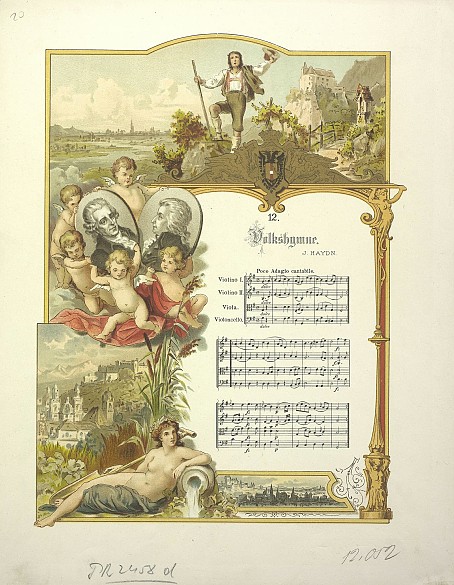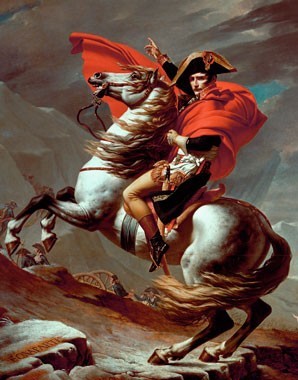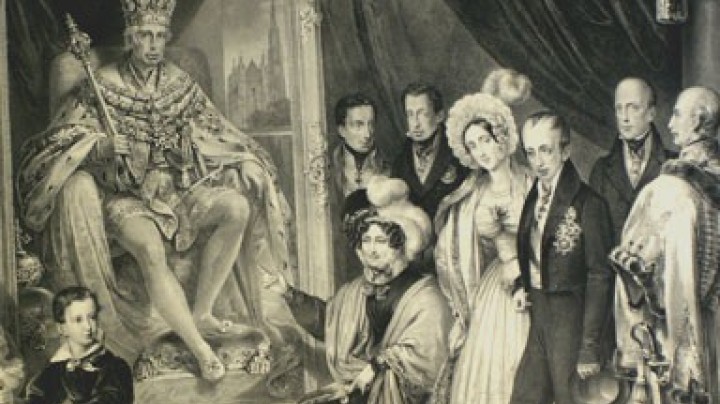An anthem for the emperor
Music was also pressed into the service of paying homage to the ruler: to mark the birthday of Emperor Franz II (I), Joseph Haydn composed the Kaiserlied, a melody that was destined to have a chequered history.
In 1797 Joseph Haydn composed arguably his most famous melody, the song ‘Gott erhalte’. In the style of the British national anthem ‘God Save The Queen’, this hymn was conceived in response to the Marseillaise of Napoleonic France, which was composed in 1792 while war was being declared on Austria and was elevated to the status of national anthem in 1795. The Kaiserlied was intended to raise national morale at a time of conflict when Napoleon was staking territorial claims in Europe. Haydn had probably encountered the British model during his visits to London. The commission for the composition was the idea of the president of the Lower Austrian government, Count Franz Joseph von Saurau. On 30 January 1797 he made the following representation to the authorities in Prague:
Right Honourable Count!
Your Excellency will be aware of the effect of the English popular song, God save the King, has had on the common people, and how much and for how long it has kept the national spirit staunch in action against foreign foes.
The enclosed song, with words by Haschka and set to music by the illustrious Hayden [sic], will be sung by the people in all the theatres in Vienna on 12 February, that is, the Emperor’s birthday…
On 12 February 1797, the birthday of Emperor Franz II (I), the anthem was premiered with full orchestration in the presence of the emperor at the old Court Theatre on Michaelerplatz. The audience was encouraged to join in the singing. The anthem was also performed simultaneously in Prague. Newspapers reported the ‘enthusiasm’ of the audience for singing the new anthem, and it became a huge success.
With various different textual versions, the Kaiserlied remained the Austrian national anthem until 1918 and between 1930 and 1938. After this it was used in National Socialist Germany, albeit with a different text, namely a poem entitled Deutschlandlied written by August Heinrich Hoffmann von Fallersleben in 1841. Today’s German national anthem is still sung to Haydn’s melody and continues to incorporate the third verse of von Fallersleben’s poem.















